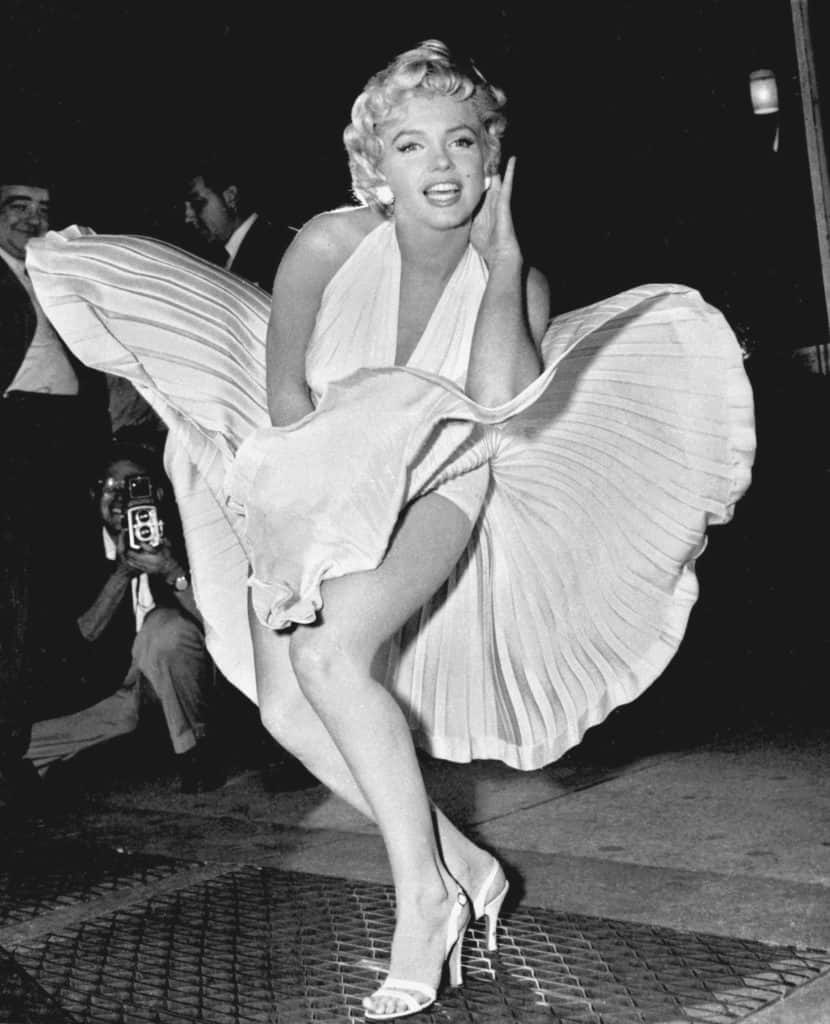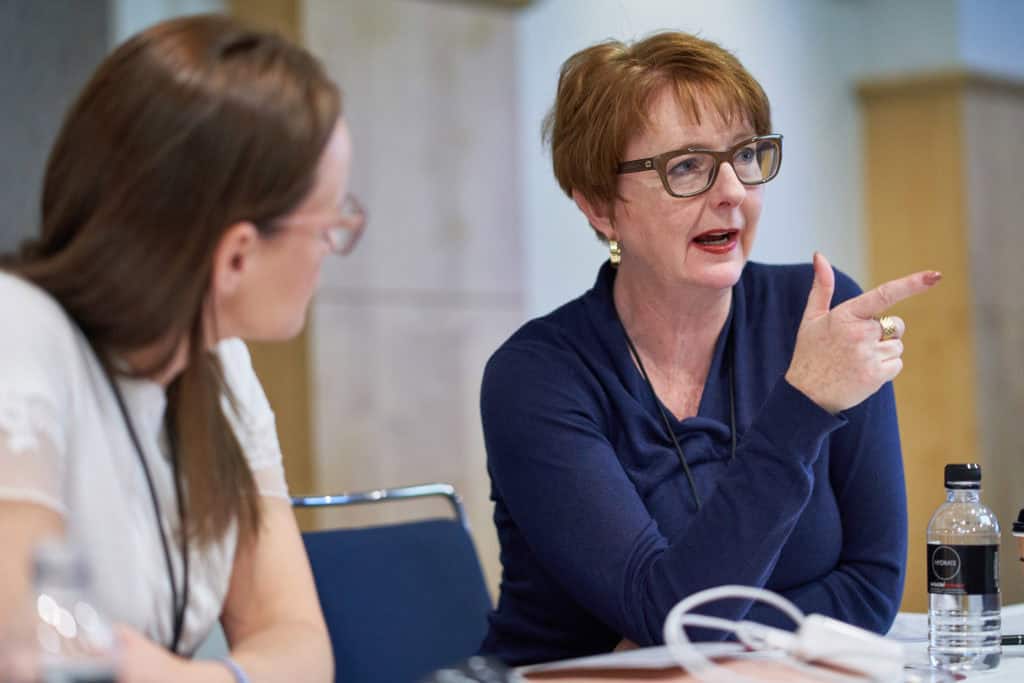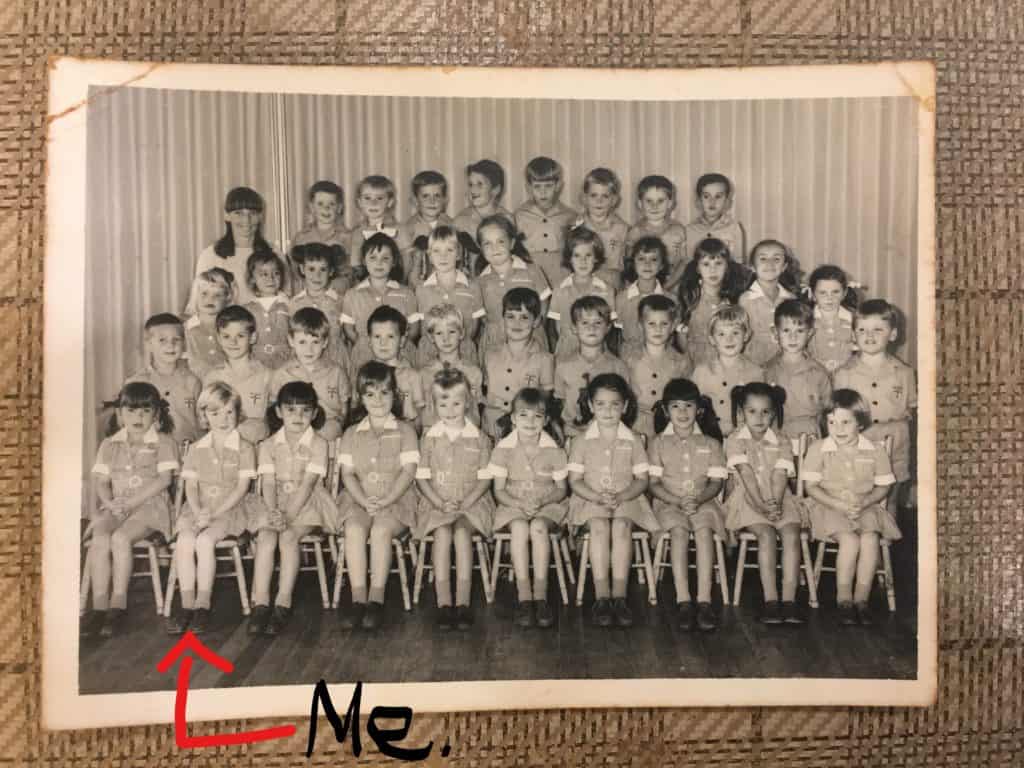There are 4 four-letter-words that you need to give the flick, pronto.
And they’re not the four-letter-words that translate as #$@%*!
They are the short, meaningless words that pepper emails and voice mails and pop out during phone calls and web conferences.
You may think these words are harmless and inconsequential, but these words say things about you. They can cast doubt on your professionalism, influence, intelligence and leadership potential.
Here is the line-up: Fine. Okay. Just. Only.
These words don’t add anything to your gravitas, yet they do perform a function to diminish, whether we like it or not.
They allow you to stay small. Those four words let others know that you’re not quite ready for that promotion/project lead/overseas secondment/grant no matter what you say.
These words shout to the world “I’m not ready, no matter what I say.”
What you say and what they hear.
- When you say, Just. What they hear is, what I am saying or doing is not important.
- When you say, Only. What they hear is, my words, thoughts, actions, and opinions are insignificant and lesser than.
- When you say, Fine or Okay. What they hear is, I don’t have a point of view or I don’t care.
Example 1: When asked to meet a new deadline, instead of saying Okay, a better option would be to say “I’ll need to juggle my schedule, but I should be able to get the report finished by that date. If there’s going to be any issues, I’ll let you know before the end of the week.”
Example 2: When asked how you are during the team’s weekly Zoom meeting, instead of saying Fine Thanks, a better option would be to say “I’m great and I’m really looking forward to hearing how Project X is coming along.”

Here’s an Exercise:
Go back and read the emails you have sent over the past seven days. Do you tend to use the word ‘just’ a lot?
Use the search/find function to find the word ‘Just’.
Repeat with the words Fine, Okay and Only.
Is it a way to make things sound polite? Well-mannered? Not too pushy? To seemingly demonstrate grace under pressure?
Do you just follow up on things?
Is there anything you were just wondering?
Do you hope that’s okay?
Try deleting the “offending” word from your sentence and see if there’s really any difference in meaning.
Develop the confidence to be straightforward, clear and direct when you write and speak (and not to care what people think). It is the first step towards expanding your circle of influence.
Example 3: “Hi Morgan, I’m just wondering if you have had a chance to read the media release yet?”
A better option would be “Hi Morgan, the media release will be going out at 3pm today. If you have any input, let me know by 11:30am. Thanks.”
Bonus Word!
Coming in at nine letters and more than double the four-letter limit, the word Currently is equally as toxic.
Compare these two statements:
- I am currently on maternity leave from my position as Group Marketing Manager at ACME Inc.
- I am currently the Chief Client Liaison Officer at XYZ Limited.
The first statement indicates that your maternity leave is for a defined period, it will come to an end, and you will return to your position at ACME.
So, what does the second statement say? That this role will come to an end. It is not permanent (subtext: sooner or later, they will find out I am an impostor). It creates uncertainly in the mind of the listener and begs questions like, if it’s not permanent, who will be taking on this position next and who will I be dealing with in the future? They are already looking past you.
It’s difficult to be considered a contender when your peers, your manager, and the decision-makers and influencers in your work-life, hear your lack of self-confidence and self-leadership in every email and verbal exchange you have. You are unconsciously betraying yourself.
Habitual belittling, excusing and minimising your very existence negatively impacts your perception of yourself and others’ perceptions of you.
So, don’t be just someone who only wants to be noticed, and is okay to wait in line for the next opportunity, because you are currently fine doing what you are doing. Sorry. And thanks.
Instead, be the obvious choice to the C-Suite.
Period.
Sign up to receive future episodes direct to your inbox here.












